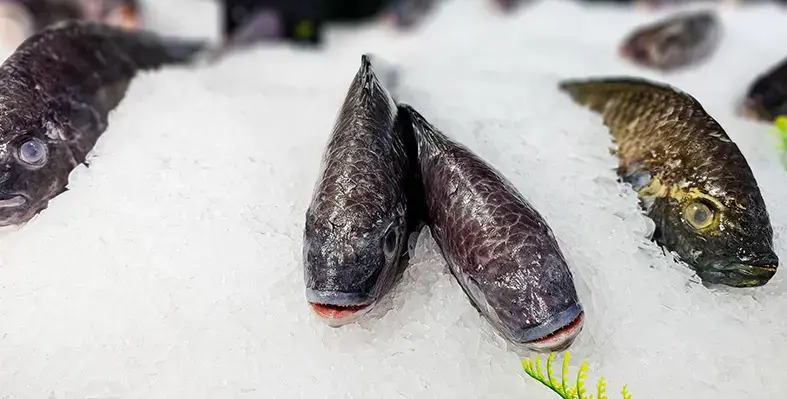The Federal Ministry of Livestock Development (FMLD) has issued a strong warning to fish farmers in Nasarawa over the excessive and improper use of antibiotics in aquaculture, citing severe consequences for human health, aquatic ecosystems, and the long-term sustainability of fish production.
Speaking at an Antimicrobial Resistance (AMR) awareness workshop in Lafia, Samuel Anzaku, Director of Veterinary Public Health and Epidemiology at the ministry, stressed the urgent need for farmers to curb the misuse of antibiotics in fish ponds.
“When we misuse antibiotics, we aren’t just harming fish—we’re harming ourselves,” Anzaku cautioned. “Antibiotic residues in fish sold before the end of the withdrawal period can enter the food chain, fuelling antimicrobial resistance and endangering public health.”
The sensitisation event, backed by the Fleming Fund and coordinated through the University of Liverpool, forms part of a global push to combat AMR in food systems.
Maureen Kajo-Kokoiwen, programme coordinator and Fleming Fund Fellow, warned that antibiotic overuse is a fast-rising threat to food safety and global health.
“Farmers must stop relying on unverified treatment advice or medicating fish without veterinary guidance,” she said. “Skipping drug withdrawal periods doesn’t just risk consumers—it also contaminates water systems and damages aquatic biodiversity.”
The workshop struck a chord with local producers. Manasseh Usman, President of the Nasarawa Fish Farmers and Processors Association, praised the initiative.
“This is the kind of knowledge we need,” he said. “Many farmers don’t realise how much harm poor antibiotic practices can cause. With over 130 members in our association, we’re ready to take this message across Nasarawa.”
As Nigeria’s aquaculture sector continues to grow, experts warn that sustainable antibiotic stewardship will be key to protecting fish stocks, safeguarding human health, and maintaining public confidence in local farmed fish.
The call is clear: responsible use of antibiotics isn’t optional—it’s essential for the future of aquaculture.





